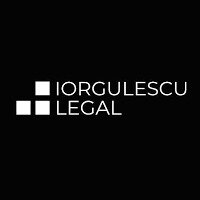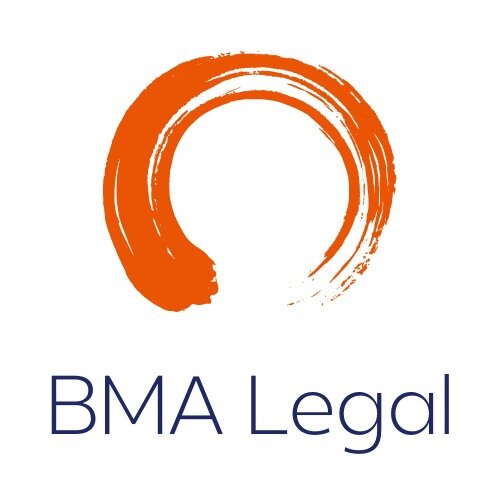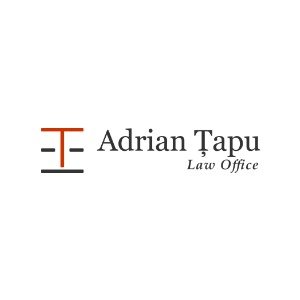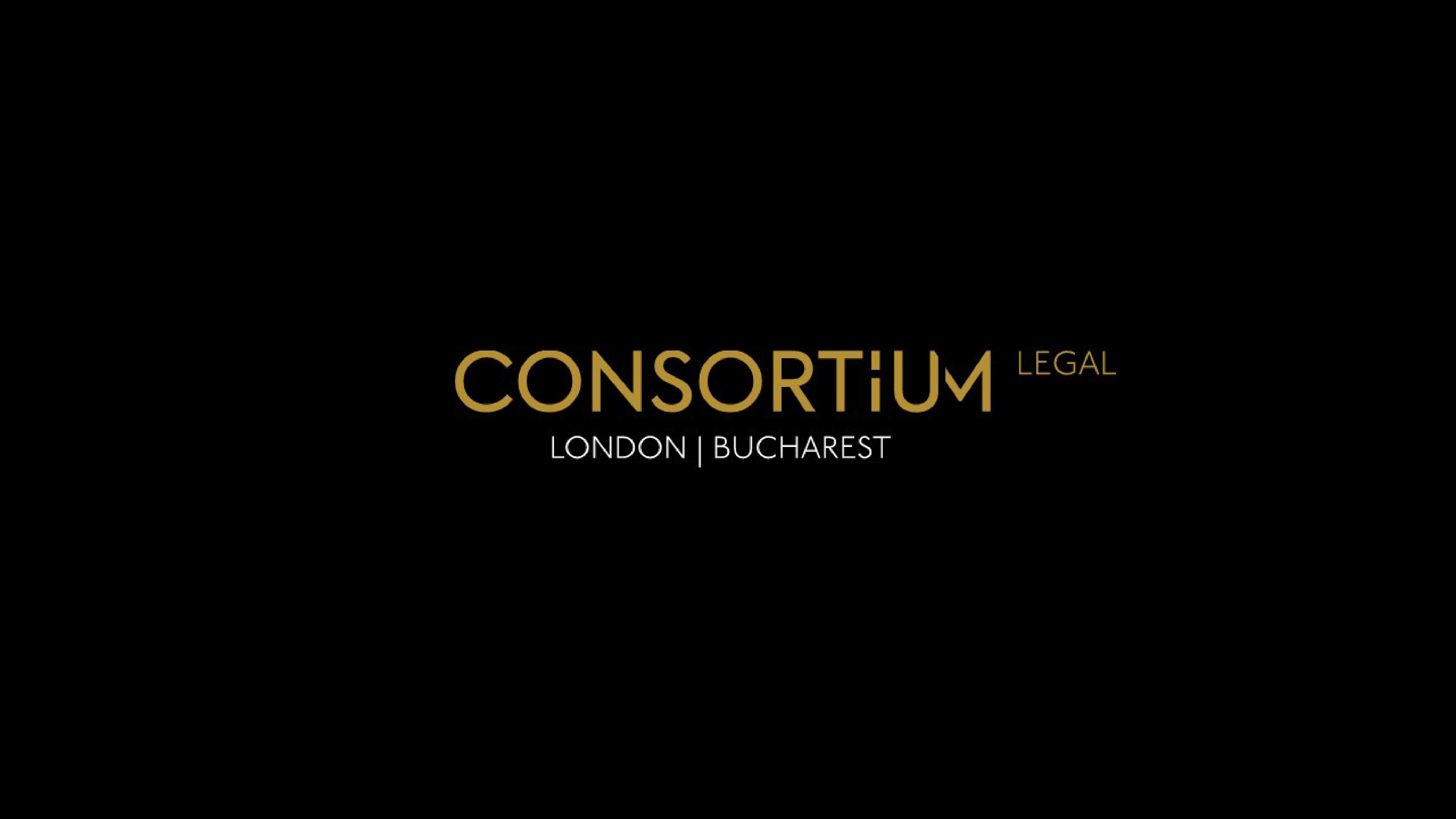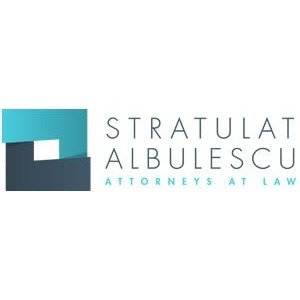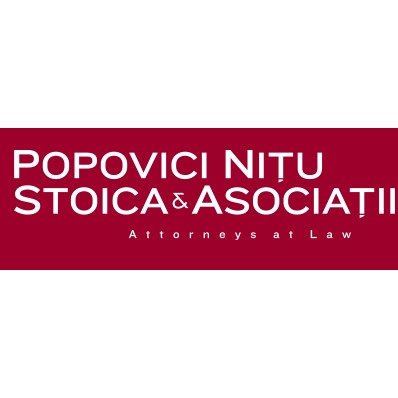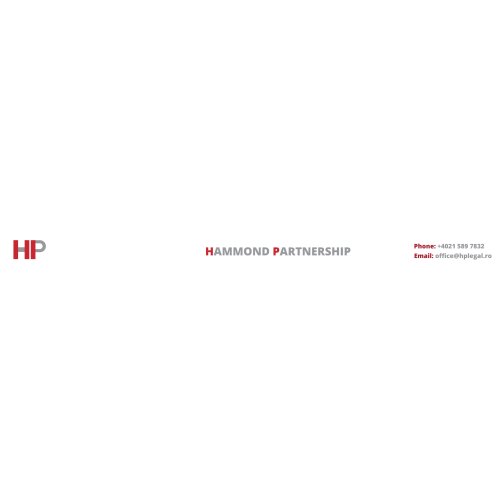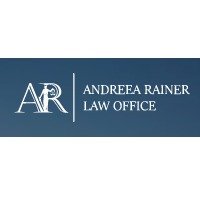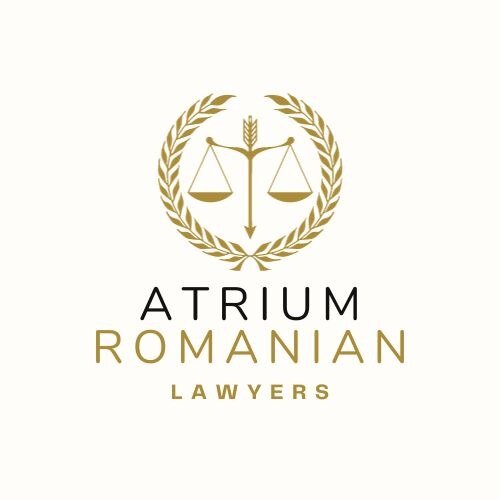Best Water Law Lawyers in Bucharest
Share your needs with us, get contacted by law firms.
Free. Takes 2 min.
List of the best lawyers in Bucharest, Romania
About Water Law in Bucharest, Romania
Water law in Bucharest, Romania refers to the body of legislation, regulations, and policies that govern the use, management, and protection of water resources within the city and its surrounding areas. This includes rivers, lakes, groundwater, and public water supply systems. Water law addresses issues such as water rights, wastewater management, pollution control, infrastructure, and the obligations of public authorities and private users. These regulations aim to ensure sustainable water management, protect public health, and preserve the environment for future generations.
Why You May Need a Lawyer
Legal issues related to water law can be complex and technical. You may need a lawyer in circumstances such as:
- Disputes over water rights or access to water resources
- Issues regarding pollution or contamination of water sources by industrial, agricultural, or residential activities
- Legal compliance for businesses using significant amounts of water or discharging wastewater
- Development or construction projects near water bodies requiring permits or impact assessments
- Enforcement actions or penalties imposed by local authorities for water-related violations
- Conflicts between neighbors or landowners about water usage
- Challenges to administrative decisions affecting water rights or access
- Assistance with navigating licenses, permissions, and regulatory frameworks
A lawyer specializing in water law can offer advice, represent you before authorities or in court, and help protect your interests.
Local Laws Overview
Bucharest, as Romania’s capital, is subject to both national water legislation and specific local regulations. Key elements include:
- National Water Law 107/1996 - This is the main legal act governing water resources across Romania. It covers water use, management, protection, and outlines the responsibilities of users and authorities.
- Environmental Protection Laws - These provide additional frameworks concerning pollution, wastewater discharge, and the preservation of aquatic habitats.
- Local Council Decisions - The Bucharest Municipal Council issues local regulations concerning public water supply, sewage, and stormwater systems.
- Permits and Licensing - Operations involving water abstraction, discharge, or construction near watercourses often require permits from authorities such as Apele Romane (Romanian Waters National Administration).
- Enforcement and Sanctions - Authorities have the power to inspect, sanction, or halt activities violating water laws or causing environmental harm.
Compliance with these legal frameworks is essential, and non-observance can result in fines, legal actions, or revocation of permits.
Frequently Asked Questions
What are my rights to access water in Bucharest?
Residents have the right to access potable water through the municipal distribution system. Private extraction of water, such as from wells, is regulated and may require permits.
Who manages water resources in Bucharest?
Water resources are managed by Apele Romane, municipal authorities, and regulated by various government agencies that oversee compliance, supply, and sanitation.
Do I need a permit to drill a water well?
Yes, permits are mandatory for drilling wells, including evaluation of environmental impact and water quality assessments.
Can I be fined for polluting water sources?
Absolutely. National and local authorities can impose fines, order clean-up actions, or initiate legal proceedings against individuals or businesses that pollute water resources.
What should I do if my neighbor’s activity affects my water supply?
First, attempt to resolve the issue amicably. If unsuccessful, you have the right to file a complaint with local authorities or seek legal intervention.
How are water tariffs set in Bucharest?
Tariffs are regulated by the local authorities and utility companies, with oversight from the National Regulatory Authority for Public Services.
Are there restrictions on building near rivers or lakes?
Yes, construction near water bodies is subject to setback requirements, permits, and environmental impact assessments to prevent flooding and pollution.
Who is responsible for wastewater management?
The municipal water and sewage utility handles public wastewater, while private sources must comply with regulations regarding treatment and discharge.
How can businesses ensure compliance with water law?
Consult with a qualified lawyer or environmental consultant, obtain necessary permits, and implement water management and pollution prevention measures.
Where can I report illegal water use or pollution?
You can report to Apele Romane, the local environmental protection agency, or municipal authorities for investigation and enforcement.
Additional Resources
For further information or assistance regarding Water Law in Bucharest, the following resources may be helpful:
- Apele Romane (Romanian Waters National Administration) - Administration and permits for water resources
- Ministry of Environment, Waters and Forests - Policy making and regulation
- Local Environmental Protection Agency (Agentia pentru Protectia Mediului Bucuresti)
- Bucharest City Hall - Information on municipal water and sewage services
- National Regulatory Authority for Public Services (ANRSC)
- Law libraries and universities with environmental law departments
- Professional water law or environmental law associations for specialist referrals
Next Steps
If you believe you have a legal issue related to water use, pollution, or water rights in Bucharest, consider taking the following steps:
- Gather all relevant information, such as permits, correspondence, contracts, and evidence of the issue.
- Contact the appropriate regulatory authority for guidance or to file a complaint.
- Consult with a lawyer specialized in water or environmental law for a detailed case assessment.
- Discuss your options for negotiation, mediation, or legal action based on your circumstances.
- Follow all legal advice regarding documentation, deadlines, and regulatory compliance.
Prompt action and informed legal guidance can significantly improve your chances of a successful outcome in water law matters.
Lawzana helps you find the best lawyers and law firms in Bucharest through a curated and pre-screened list of qualified legal professionals. Our platform offers rankings and detailed profiles of attorneys and law firms, allowing you to compare based on practice areas, including Water Law, experience, and client feedback.
Each profile includes a description of the firm's areas of practice, client reviews, team members and partners, year of establishment, spoken languages, office locations, contact information, social media presence, and any published articles or resources. Most firms on our platform speak English and are experienced in both local and international legal matters.
Get a quote from top-rated law firms in Bucharest, Romania — quickly, securely, and without unnecessary hassle.
Disclaimer:
The information provided on this page is for general informational purposes only and does not constitute legal advice. While we strive to ensure the accuracy and relevance of the content, legal information may change over time, and interpretations of the law can vary. You should always consult with a qualified legal professional for advice specific to your situation.
We disclaim all liability for actions taken or not taken based on the content of this page. If you believe any information is incorrect or outdated, please contact us, and we will review and update it where appropriate.



